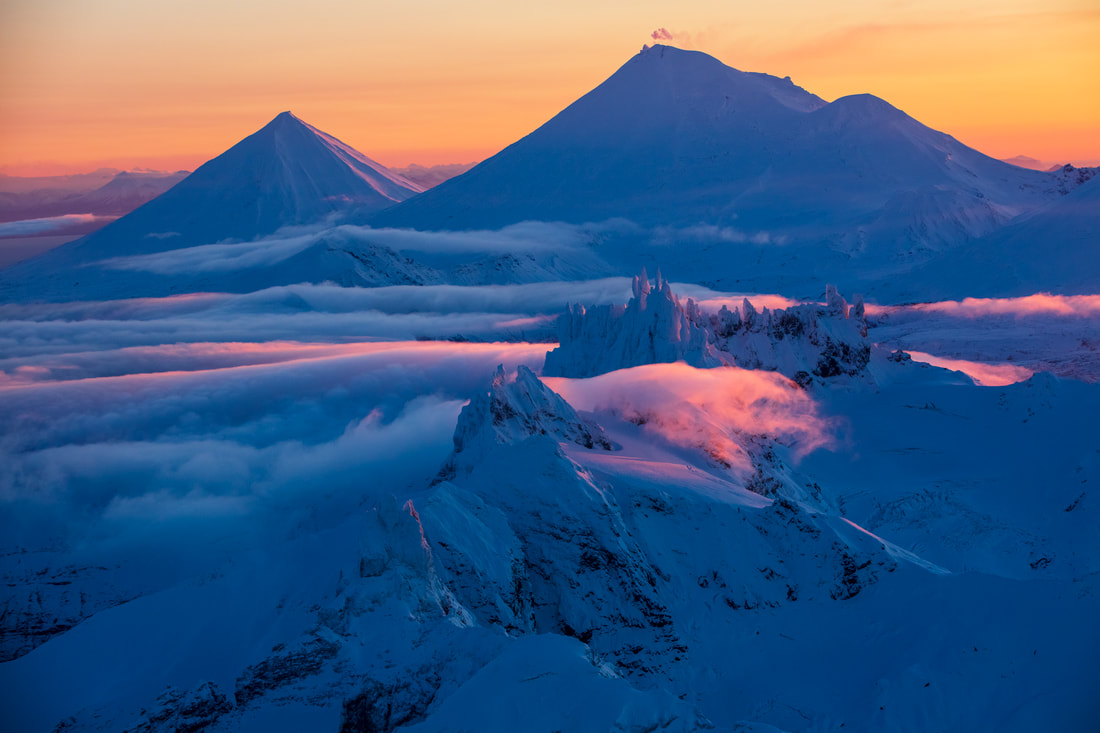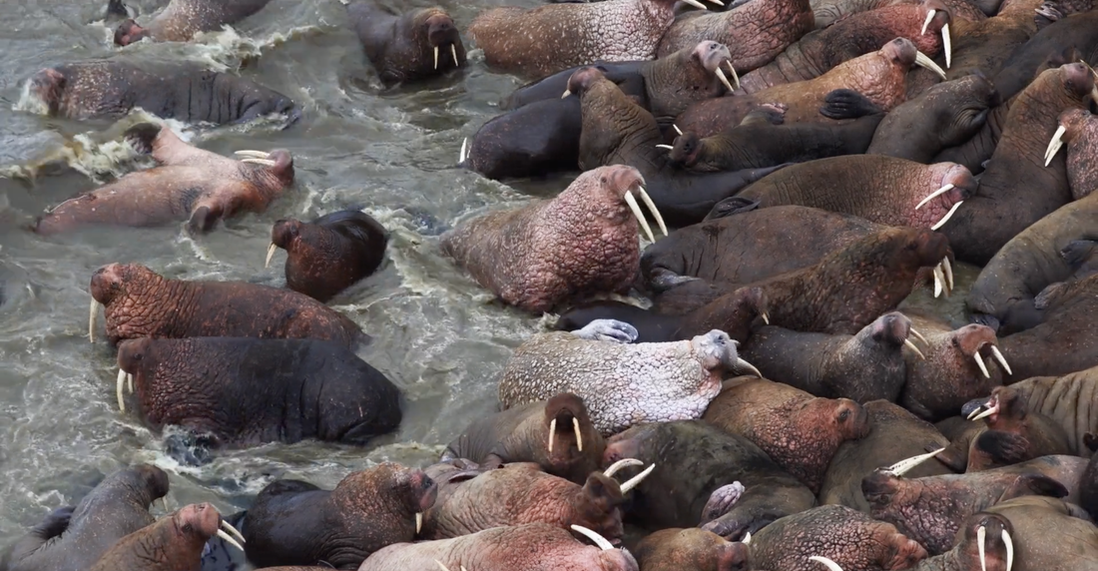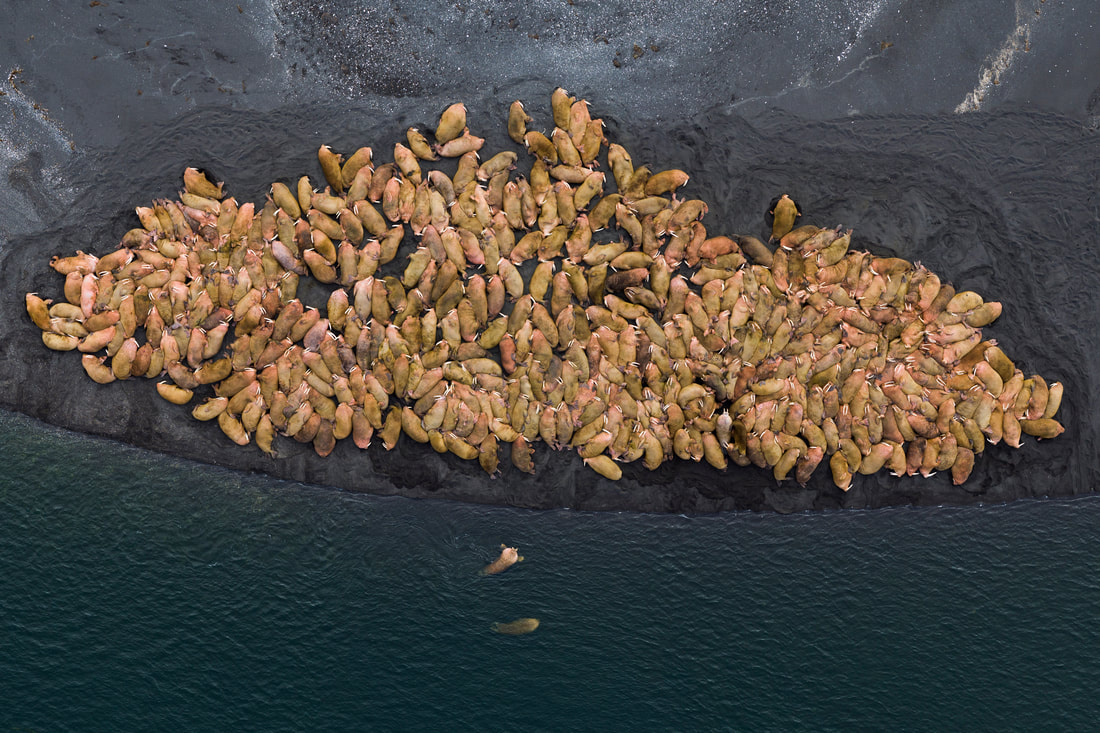|
Q: What inspired this story? Gerrit: Alaska’s Izembek National Wildlife Refuge lies along the Bering Sea coast of the Alaska Peninsula. It protects a coastal lagoon that holds the largest beds of eelgrass on earth, a magnet to migratory birds, making it one of the most important waterfowl staging and wintering sites in the U.S. The Refuge is recognized under the Ramsar Convention as a Wetland of International Significance, and as an Important Bird Area of global significance by BirdLife International and the National Audubon Society. More than two-thirds of the refuge is federally designated wilderness. There has been pressure for decades to build a road through Izembek’s federally designated wilderness and that effort came to a head in January 2018 when former Department of the Interior head Ryan Zinke signed a land transfer agreement trading away vital bird habitat to make way for the road’s construction. The broader development implications of a precedent-setting road through a federal wilderness are significant, and lawsuits have stalled the project. Proponents of the road have reframed their argument as a public health issue but the underlying motivation for the road is commercial. Virtually no high-quality media existed of the wildlife spectacle or critical lands under threat at Izembek National Wildlife Refuge. With an immediate need to inform public audiences and policymakers about the global significance of the wetlands and wilderness at stake The Cornell Lab sponsored this project to finally put a face on Izembek. Q: What impact do you hope this film/program will have? Gerrit: The goal of this film and the media collected for this project is to provide visual material to conservation groups that have long fought to protect Izembek with little to no visual resources. Our ultimate hope is that the road will never be built. Construction of a road through the refuge is unnecessary and would undermine the purpose and intent of The Wilderness Act. The proposed land exchange would be the first “de-designation” of federally protected wilderness lands for the objective of allowing a development project to proceed. Q: Were there any surprising or meaningful moments/experiences you want to share? Gerrit: During the course of making this film we had a brief but incredible encounter with a pack of seven gray wolves. We learned several days later that a local hunter located and legally killed the entire pack within the refuge. It was a heart-breaking experience for the crew. Q: Anything else you would like people to know?
Gerrit: The election of Joe Biden gave hope that this issue would finally be put to rest, and the road project cancelled. However, recent developments suggest that President Biden has used the issue to gain support from Alaska Senator Lisa Murkowski by not standing in the way of the project.
0 Comments
Leave a Reply. |
Archives
March 2024
Categories
All
|
Contact UsJackson Wild
240 S. Glenwood, Suite 102 PO Box 3940 Jackson, WY 83001 307-200-3286 info@jacksonwild.org |




 RSS Feed
RSS Feed